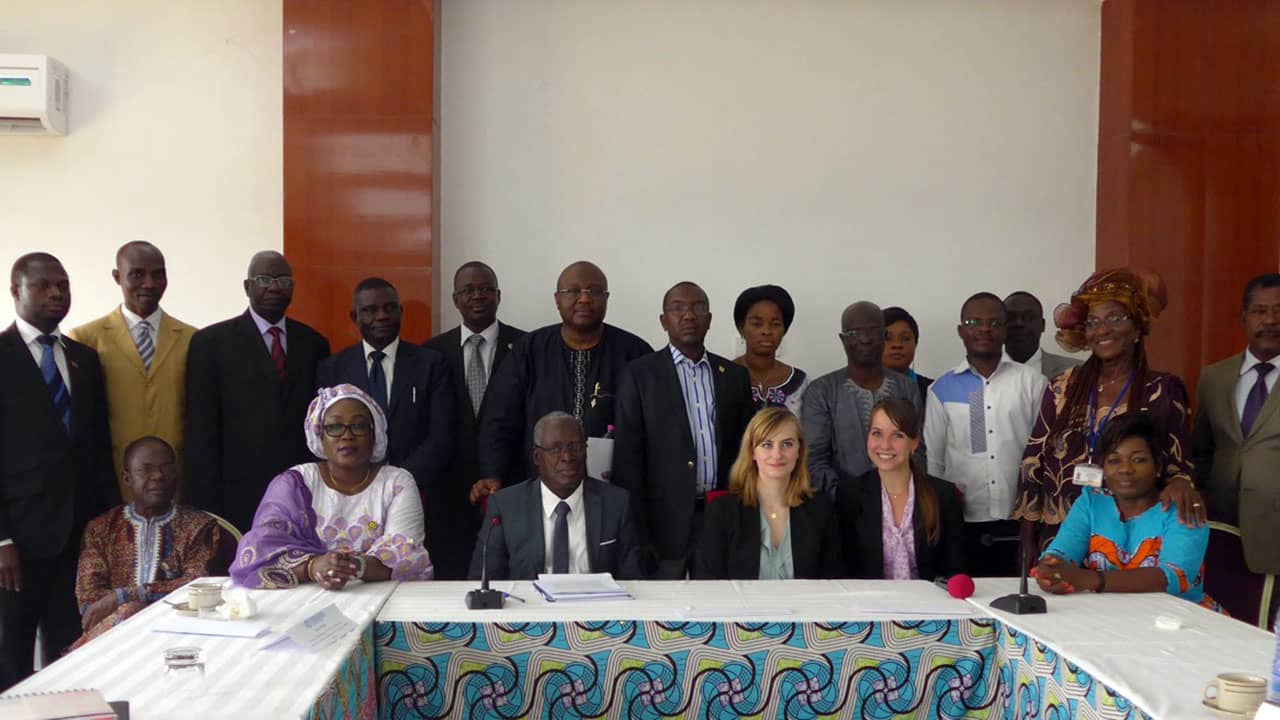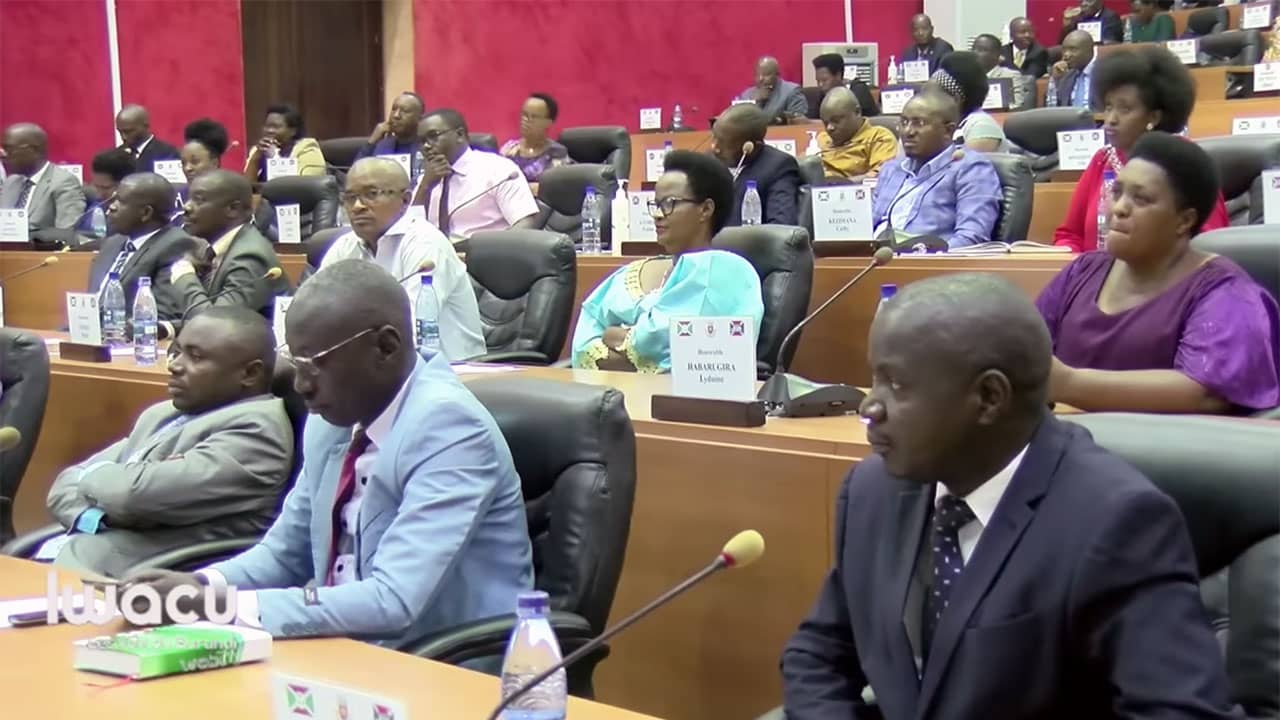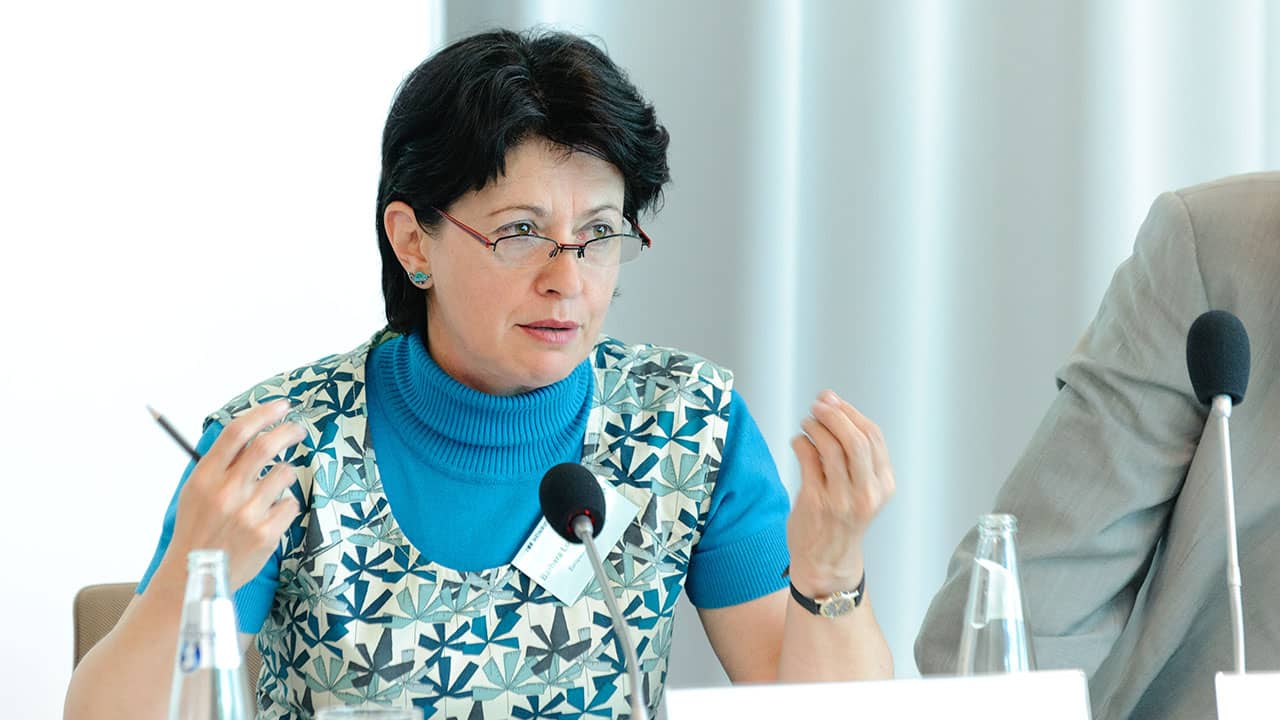PGA has been very active in Chad since 1999 to promote ratification and full implementation of the Rome Statute. PGA Parliamentarians’ advocacy and deliberations contributed to parliamentary approval of ratification and its consequent deposit in 2006. PGA Members have been active to promote full implementation of the Rome Statute and address and prevent instances of Non Cooperation with the Court.
Rome Statute
Chad signed the Rome Statute on 20 October 1999 and ratified it on 1 November 2006.
Kampala Amendments of 2010
Chad did not ratify the Kampala Amendments.
Status on Domestic Implementation of the Rome Statute
In September 2014, a new Penal Code bill has been adopted by the government and PGA members in the newly elected Assembly are committed to follow-up on previous efforts by their colleagues towards the implementation of the Rome Statute; the Ministry of Justice and Human Rights having expressed support for the enactment of ICC legislation back in 2009 and a National Commission for Humanitarian Law having been set up, as to support and facilitate the drafting process of an implementing legislation.
Agreement on Privileges and Immunities of the Court (APIC)
Chad has not signed the APIC.
Additional Agreements
Chad signed a Bilateral Non Surrender Agreement (BNSA), which entered into force on 30 June 2003, with the United States regarding the surrender of persons to the International Criminal Court. However, this agreement has not been ratified by the Parliament of Chad.
icc developments
The ICC issued several decisions regarding non-cooperation of Chad vis à vis the visit to Chad by President of Sudan, Omar Al-Bashir, against whom the ICC has issued a warrant of arrest.
On 26 March 2013, Pre-Trial Chamber II issued a decision on the non-compliance of Chad with the cooperation requests issued by the Court regarding the arrest and surrender of Omar Al-Bashir.
On 16 February 2013, PGA members Hon. Saleh Kebzabo, MP and Hon. Saleh Makki, MP, released a press statement condemning the visit of President Al Bashir to Chad and calling the Chadian authorities to fulfil their obligations to cooperate with the International Criminal Court (ICC) under the Rome Statute of the ICC.
On 13 December 2011, the same Chamber issued a decision on the refusal of the Republic of Chad to comply with the cooperation requests issued by the Court with respect to the arrest and surrender of Omar Al-Bashir.
On 27 August 2010, Pre-Trial Chamber I informed the United Nations Security Council and the Assembly of States Parties to the Rome Statute about Omar Al-Bashir’s recent visit to the Republic of Chad.
Progress and PGA Action
PGA has been very active in Chad for a number of years and recently, in December 2014, upon request of its leading member, PGA provided technical assistance to draft the implementing legislation, which should be presented by this MP in the framework of the adoption of the new criminal code by Parliament.
On 13-14 October 2011, PGA invited two Chadian MPs to participate in Consultations on International Justice and the Rule of Law held in the parliament of CAR, Bangui. The main objective was to give the recently elected CAR MPs, as well as selected MPs from several African countries (Chad, DRC, Mali, Tanzania), a platform to discuss the role and impact of Justice and the Rule of Law on the ongoing process of consolidating peace. It offered an opportunity to underscore the contribution of the Rome Statute of ICC to the fight against impunity and the promotion of peace, democracy and human rights, as well as law-reforms.
On February, 2011, PGA commented on the "Projet de Proposition de Loi Portant Indemnisation des Victimes des Crimes et Répressions Politiques au Tchad", shared with PGA member Hon. Asnal Djidandibe.
Previously, in 2008 as a result of the 5th CAP ICC in Santa Domingo, a PGA Member and Chair of the Legal Affairs and Legislation Committee initiated deliberations in his Committee for the establishment of a special committee for the drafting of an effective and comprehensive ICC implementing legislation, and has been receiving technical assistance of PGA for the preparation of this legislation.
human rights council universal periodic review
In the 2nd cycle of the UPR, Chad accepted a recommendation from Tunisia calling for the integration of the provision of the Rome Statute of the ICC into its national legislation. Chad’s next UPR is scheduled in April 2018.
additional relevant information
As a member of the African, Caribbean and Pacific community (ACP), and as signatory of the revised Cotonou Agreement with of the ACP and European Union, Chad has recognized the importance of the ICC as a mechanism for peace and international justice, and has committed to promote the ratification and implementation of the Rome Statute, to seek to take steps towards the ratification and the implementation of the Rome Some Statute, and to fight against international crime giving due regard to the Rome Statute. For more information on the work of PGA within the ACP-EU mechanism. See PGA work through the ACP-EU Joint Parliamentary Assembly.











